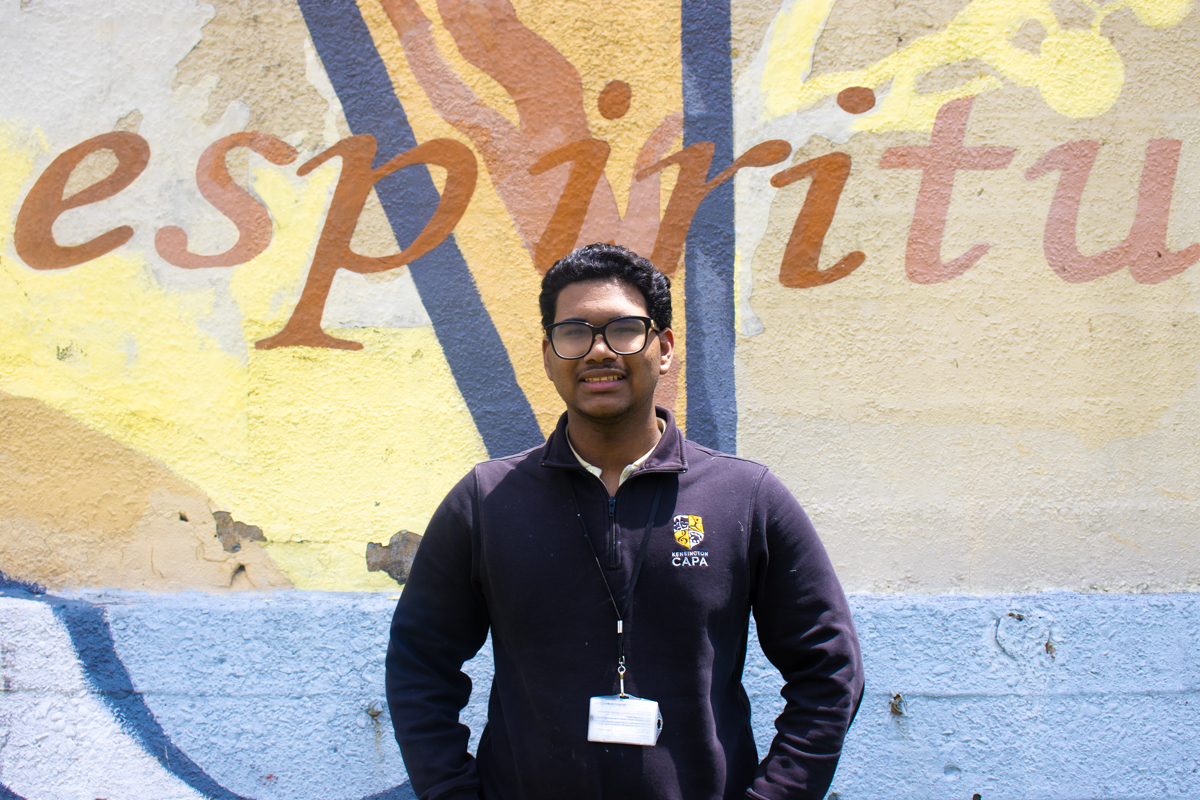When you think of human service organizations like Esperanza Health Center, numbers and data are probably not the first words that come to mind. Instead, you likely imagine the services we provide, such as quality health care and education, access to food, places to connect with new friends and neighbors, and more.
At Esperanza Health Center, we think about programs that can be implemented to address the needs we see in the community, and part of that process involves looking for stories that represent those needs. Numbers and data tell us stories that are just as valuable as the stories we see and hear from the people we serve. That’s why we believe the census data for Kensington and the other areas we serve must be reliable and up-to-date.
Data from the U.S. Census Bureau helps inform decisions on services we should provide to the people we serve. For example, we recently partnered with Everence Financial Credit Union, which will soon open a branch at Esperanza Health Center and teach financial wellness courses to patients and neighbors. Data from the Census Bureau supported the need for that partnership and service.
According to the 2018 American Community Survey 5-Year Estimates, the most recent population data produced by the U.S. Census Bureau, 41% of the more than 61,000 residents in the 19134 ZIP code have household incomes at or below the federal poverty line. Nearly 20% of residents in 19134 are living in deep poverty, which means their incomes are at or below 50% of the poverty line.
By partnering with organizations like Everence, we can provide spaces and services that meet the needs of those living at or below the poverty line. In this new space, community members will have access to regular banking and guidance on budgeting, buying a house, taking out loans, paying off credit card debt, and more. Without census data, this may have never happened.
Not only does census data help us identify services we should provide and think creatively about how to offer them, but it also helps us to obtain funding for some projects we hope to implement. We regularly include the most recent census data in our presentations to potential funders. Having data to back up the services we need allows us to present a more convincing statement of need to our donors. This often means they are more likely to support projects that will benefit the community.
Ultimately, for organizations like Esperanza Health Center, it’s important to share stories about the individuals we interact with each day and the communities they come from that shape their context and lived experience. While outreach teams, strategic assessment plans, and community partnerships can help us gather data and information on the ground, they can only do so much.
When all households in the neighborhood participate — regardless of race or ethnicity, income level, educational attainment, employment status, or other demographic factors — our collective voices are heard, our needs are seen, and better decisions can be made for all members of the community.
Kensington Voice is one of more than 20 news organizations producing Broke in Philly, a collaborative reporting project on economic mobility. Read more at brokeinphilly.org or follow on Twitter at @BrokeInPhilly.
Editors: Zari Tarazona, Jillian Bauer-Reese / Story Designer: Jillian Bauer-Reese / Translator: Diana Cristancho






